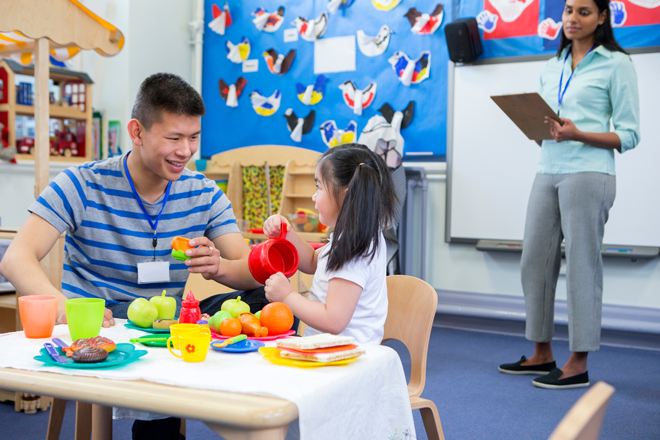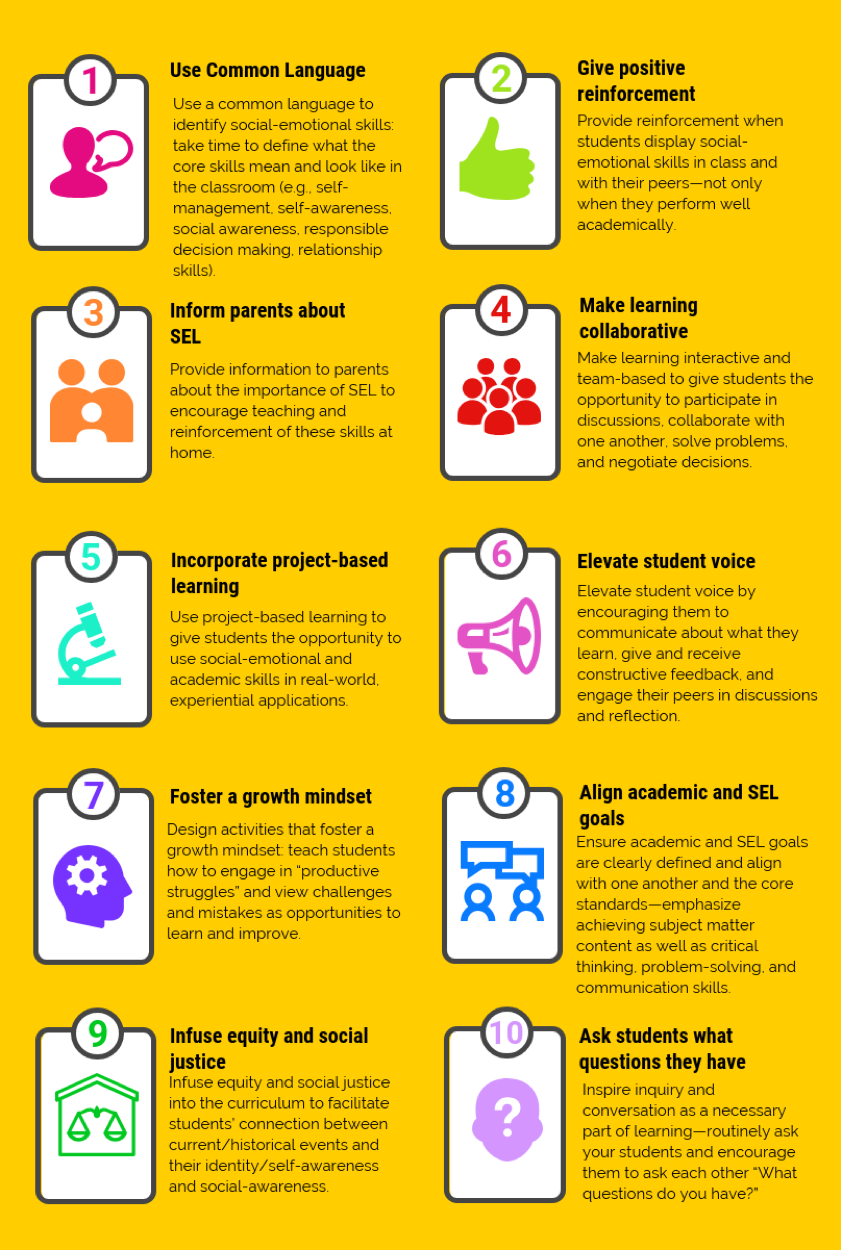Classroom observations are a key tool in educational research and practice, used to evaluate teaching methods, assess student engagement and behavior, and gather data on classroom interactions to inform instructional strategies and policy decisions. However, observations are not immune to implicit biases—or attitudes, behaviors, and actions that are prejudiced in favor of or against one person or group compared to another.
After a turbulent 2020-2021 school year, it is more important than ever that educators have feasible and effective options to support students’ foundational social-emotional skills. Prior studies have found that students who participate in social-emotional learning (SEL) programs improve their behavioral and academic functioning and reduce their challenging behaviors.1 When selecting an SEL program, educators … Continue reading Social-Emotional Learning Program Study: Tools for Getting Along
Although most teachers recognize the importance of teaching social-emotional skills, many are also concerned about having time to fulfill their other responsibilities. Here we highlight one approach to teaching social-emotional skills in the classroom: incorporating social-emotional learning (SEL) into everyday academic instruction.




